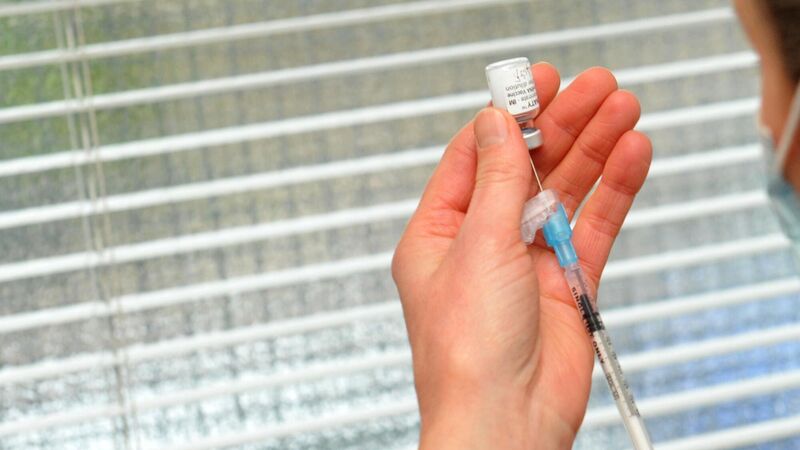Q&A: What is going on with Ireland's slow vaccine rollout?

The biggest delay for the vaccine roll-out has been blamed on changes to deliveries and the vaccine priority lists. File picture: Larry Cummins
Ireland’s vaccine rollout has been criticised for being too slow.
But what have the problems been? Here we look at some of the answers.













